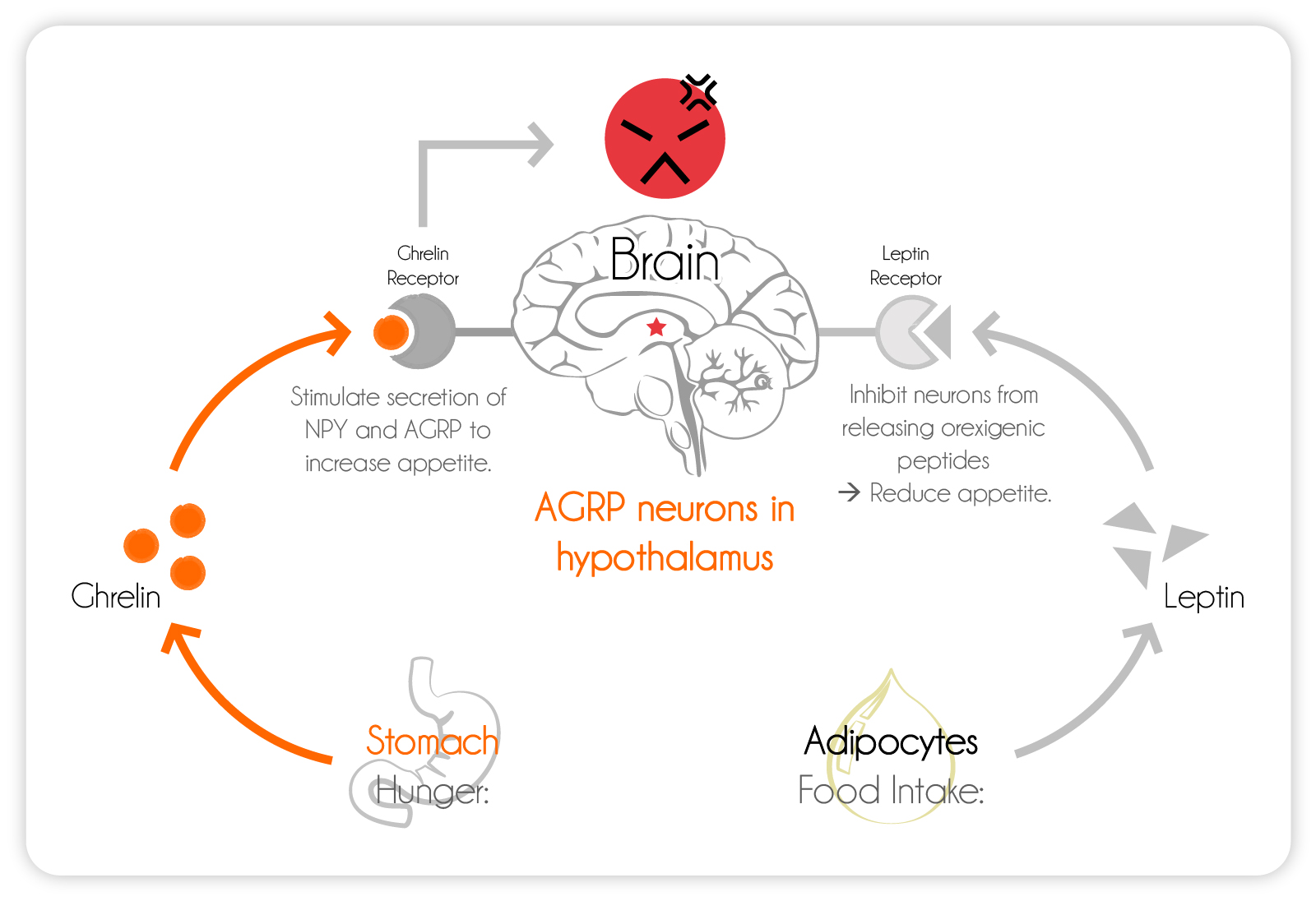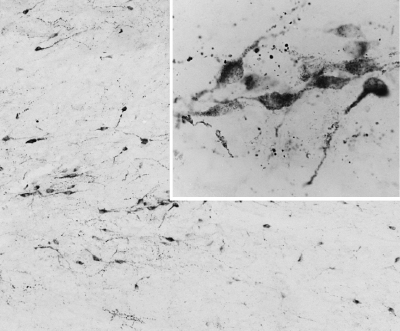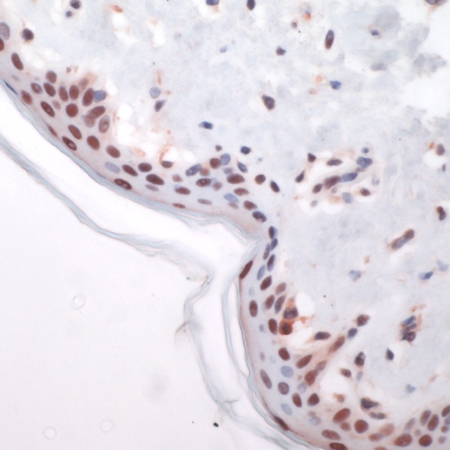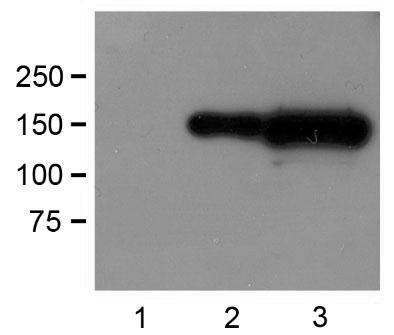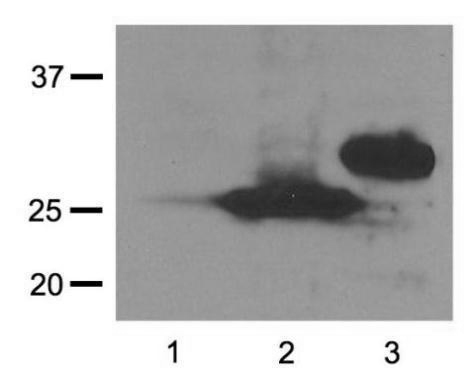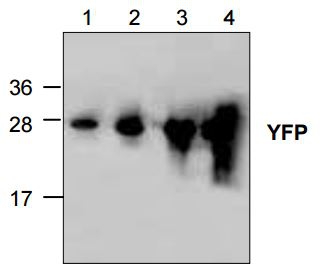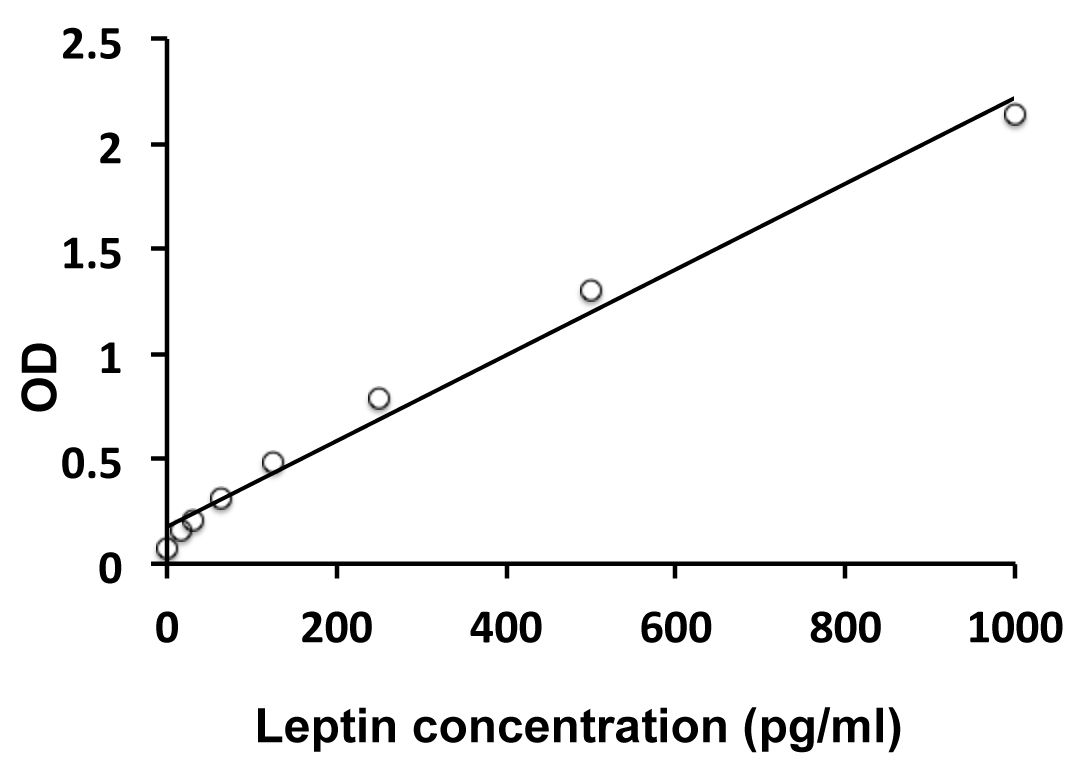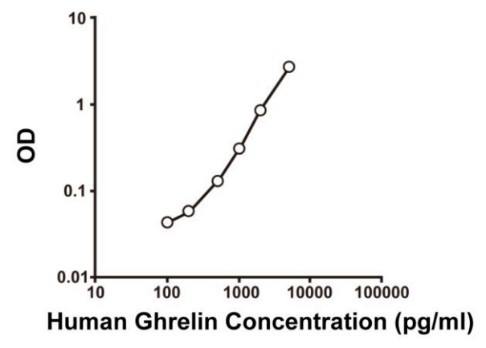Blame your brain for not sticking to a diet plan
Blame your brain for not sticking to a diet plan
|
Wondering why your weight-loss diet program failed? Scientists said that the negative feelings associated with hunger are responsible and we can blame it on the hunger-sensitive cells, AgRP neurons, in the brain. Agouti-related peptide (AgRP) synthesized by the AgRP neuron population in the hypothalamus works by increasing appetite and decreasing energy expenditure upon exposure to Ghrelin, a hormone secreted by gastrointestinal tract when our body is in need of energy. But until now, what scientists had discovered about these neurons do not explain why being hungry is so unpleasant, the probable reason why our diet program gets knocked-off.
Combining advanced molecular systems neuroscience approaches, Sternson and colleagues began to address this question by using cell-type specific activity manipulations in mice. They offered two different flavored gels to mice, and selectively switching-on the hungry signal while they consumed a certain flavor. Subsequently, the mice showed avoiding behavior to the particular flavor associated with the false hunger signal, indicating that AgRP neuron activity induces negative valence. Further experiments showed that AgRP neuron inhibition encouraged flavor preference and that mice are actively seeking ways to turn off the unpleasant signal by avoiding places where the cells were active (Betley JN et al. Nature 2015). The behavioral characteristics of AGRP neuron activity in mice help explain some dieting-associated negative emotion which contributes to a high failure rate of long-term weight-loss programs in the clinic. The future work will be necessary to identify factors that can interfere with AgRP neuron activity, so that we can stay happy while trying to lose weight. To detect the activation state of AgRP neurons, arigo has the AgRP Neuron Activity Antibody Duo (ARG30208) comprising anti-AGRP and anti-cFOS antibodies, to locate the activated AgRP neurons in the hypothalamus. Fluorescent-tags Antibody Panel (ARG30209) helps to visualize cellular activity in genetically-modified animals, which is a common tool used in neuroscience labs. Leptin ELISA Kit (ARG80126) and Ghrelin ELISA Kit (ARG80874) allow scientists to track the hormonal signals that trigger satiety or hunger sensation in animals.
Antibody Duo
|
||||||||||||||||||||||
|
+886 (3) 562 1738 |
|||
| nuts about antibodies | |||
